In today's analysis, we're diving deep into Unilever stock to determine whether it's a buy, a hold, or a sell. This overview will cover several key aspects: what Unilever does, its financial performance, dividend analysis, and valuation. Let's break it down!
What Does Unilever Do?
Unilever is a global consumer goods company headquartered in the UK. It operates across diverse sectors, blending attributes of Procter & Gamble and PepsiCo. Here’s how:
- Household & Personal Care: Unilever owns popular brands like Dove, Axe, Vaseline, and Liquid IV.
- Food & Ice Cream: Their portfolio includes household names such as Ben & Jerry’s, Hellman’s, and several others.
Unilever boasts an impressive lineup of 31 distinct brands, making it a staple in homes worldwide. However, this diversity comes with occasional volatility—a factor to keep in mind for long-term investors.
Unilever’s Financials: A Mixed Bag
Revenue: Unilever's revenue has shown steady growth in recent years, bouncing back robustly after a dip between 2017 and 2020. This upward trend checks the box for consistency.
Net Income: A less promising picture. Net income displays volatility, with growth stalled over recent years due to inconsistent expenses. As of 2024, net income is flat, compared to past performance metrics.
Free Cash Flow: Unilever shines here! Despite cyclical fluctuations, free cash flow shows a positive upward trend, making it a reliable metric.
Other financial metrics include:
- PE Ratio: 24 – typical for the industry.
- Net Profit Margin: 9.45% – solid performance.
- ROA: 9% – exceeding the benchmark of 5%.
- ROE: 29% – well above the desired 15%.
While revenue and free cash flow look strong, volatility in net income warrants caution.
Dividend Analysis: UK Investor Advantage
Unilever offers a dividend yield of 3%, with steady payouts since 1984. However, the 5-year growth rate appears low at 0.54%, likely skewed by currency conversions between pounds and dollars. For UK investors, dividends are unaffected by this conversion—making Unilever an attractive long-term consumer staple stock.
American investors should factor in currency risks when considering dividend performance over time.
Valuation: Intrinsic Value Insights
The intrinsic value of Unilever stock ranges based on different models:
- JP Dividends' DCF Model: $116 per share.
- Simply Wall Street: $59 per share (matching current market price).
The average valuation suggests an intrinsic value of around $88, indicating potential upside of 49%. However, JP Dividends leans closer to the Simply Wall Street valuation, estimating intrinsic value at $65–70 per share.
Final Verdict: Is Unilever a Buy?
Unilever is a consistent player in the consumer staples sector, resembling the steady growth patterns of Procter & Gamble. While it offers reliable long-term performance, its slower growth may not appeal to all investors. Currency risks are an additional factor for American investors to consider.
Recommendation: Unilever is a buy for those seeking consistent dividend growth and portfolio stability. For faster-growing alternatives, this stock might not fit the bill.
https://youtu.be/1-uqncp69Ac?si=vR_NvtZqqlOkkoGl
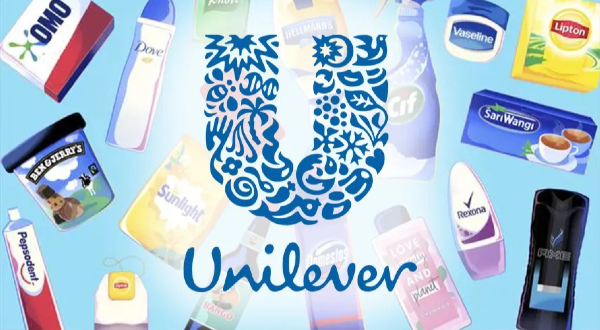




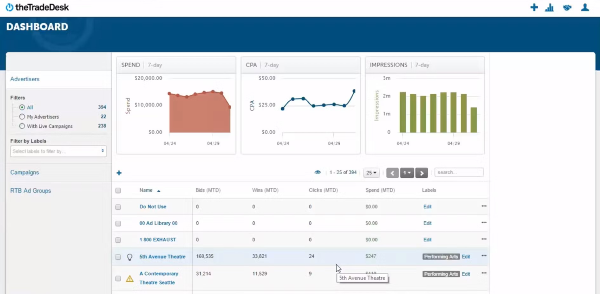
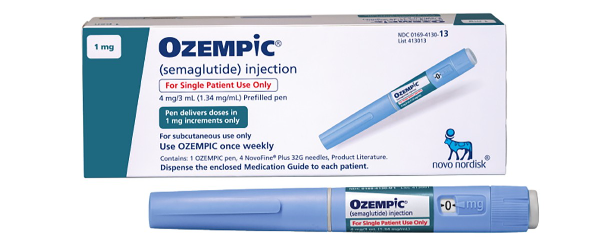
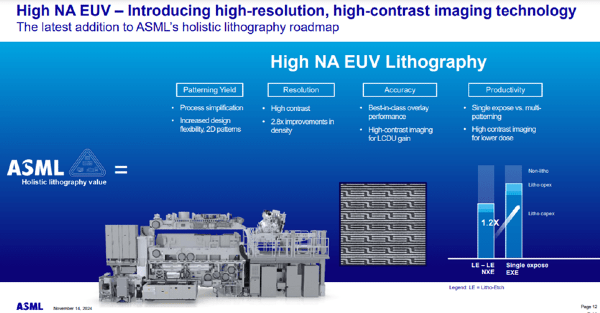
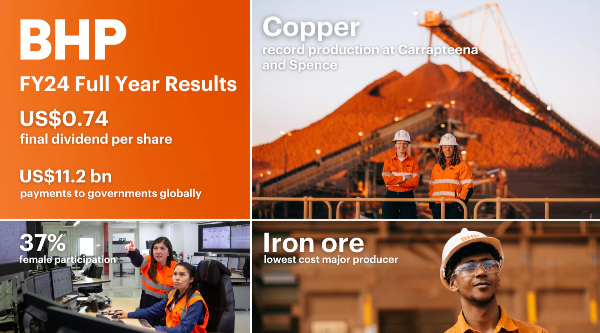
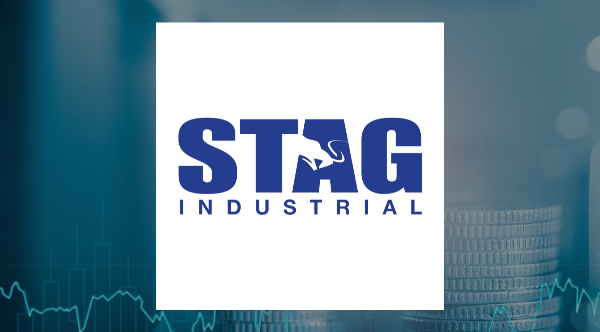
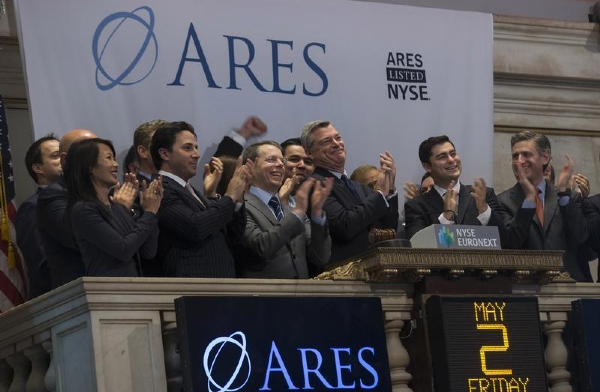

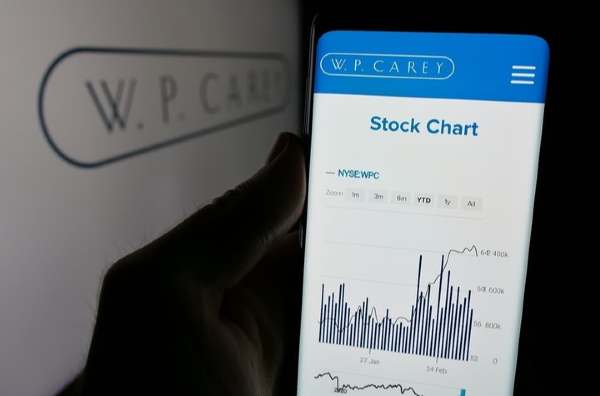
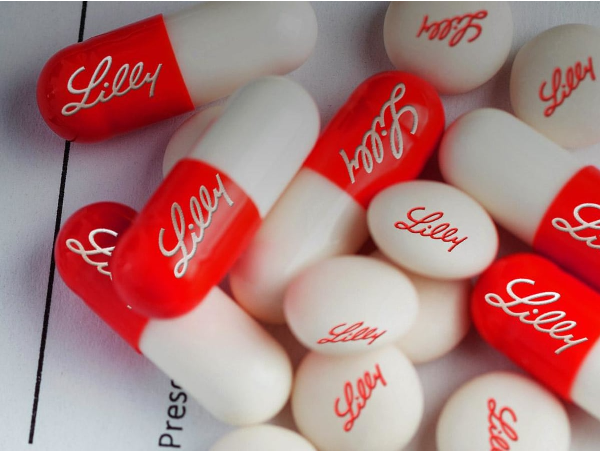
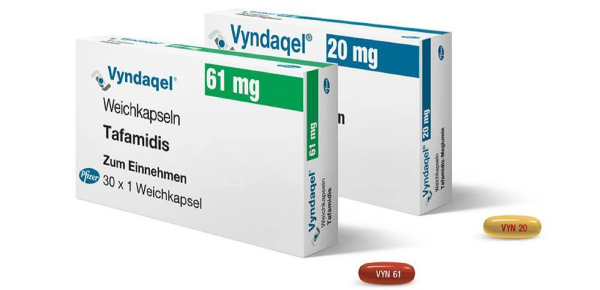
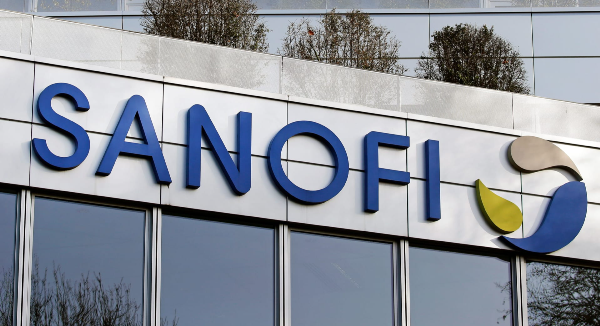


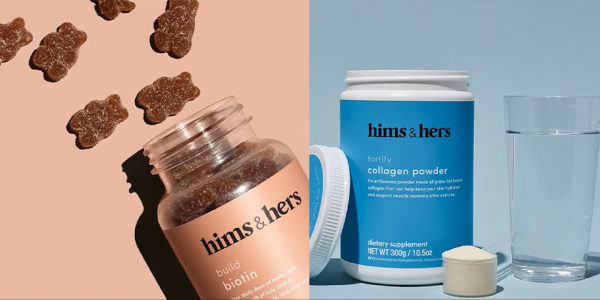
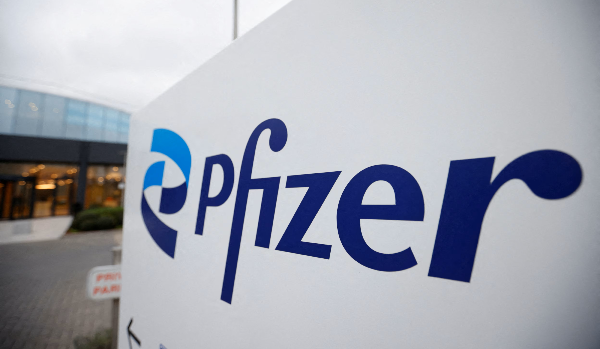
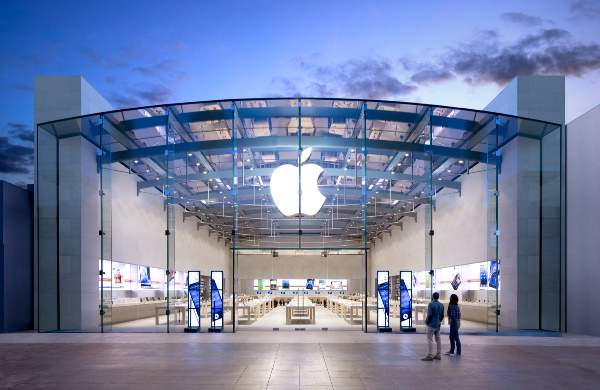
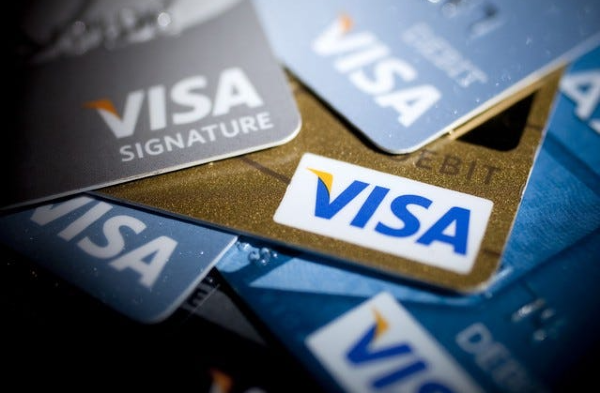
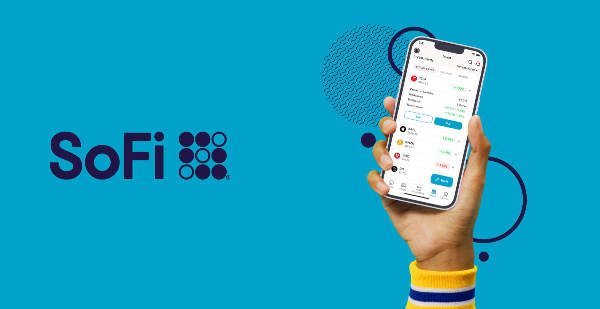
In today's analysis, we're diving deep into Unilever stock to determine whether it's a buy, a hold, or a sell. This overview will cover several key aspects: what Unilever does, its financial performance, dividend analysis, and valuation. Let's break it down!
What Does Unilever Do?
Unilever is a global consumer goods company headquartered in the UK. It operates across diverse sectors, blending attributes of Procter & Gamble and PepsiCo. Here’s how:
Unilever boasts an impressive lineup of 31 distinct brands, making it a staple in homes worldwide. However, this diversity comes with occasional volatility—a factor to keep in mind for long-term investors.
Unilever’s Financials: A Mixed Bag
Revenue: Unilever's revenue has shown steady growth in recent years, bouncing back robustly after a dip between 2017 and 2020. This upward trend checks the box for consistency.
Net Income: A less promising picture. Net income displays volatility, with growth stalled over recent years due to inconsistent expenses. As of 2024, net income is flat, compared to past performance metrics.
Free Cash Flow: Unilever shines here! Despite cyclical fluctuations, free cash flow shows a positive upward trend, making it a reliable metric.
Other financial metrics include:
While revenue and free cash flow look strong, volatility in net income warrants caution.
Dividend Analysis: UK Investor Advantage
Unilever offers a dividend yield of 3%, with steady payouts since 1984. However, the 5-year growth rate appears low at 0.54%, likely skewed by currency conversions between pounds and dollars. For UK investors, dividends are unaffected by this conversion—making Unilever an attractive long-term consumer staple stock.
American investors should factor in currency risks when considering dividend performance over time.
Valuation: Intrinsic Value Insights
The intrinsic value of Unilever stock ranges based on different models:
The average valuation suggests an intrinsic value of around $88, indicating potential upside of 49%. However, JP Dividends leans closer to the Simply Wall Street valuation, estimating intrinsic value at $65–70 per share.
Final Verdict: Is Unilever a Buy?
Unilever is a consistent player in the consumer staples sector, resembling the steady growth patterns of Procter & Gamble. While it offers reliable long-term performance, its slower growth may not appeal to all investors. Currency risks are an additional factor for American investors to consider.
Recommendation: Unilever is a buy for those seeking consistent dividend growth and portfolio stability. For faster-growing alternatives, this stock might not fit the bill.
https://youtu.be/1-uqncp69Ac?si=vR_NvtZqqlOkkoGl